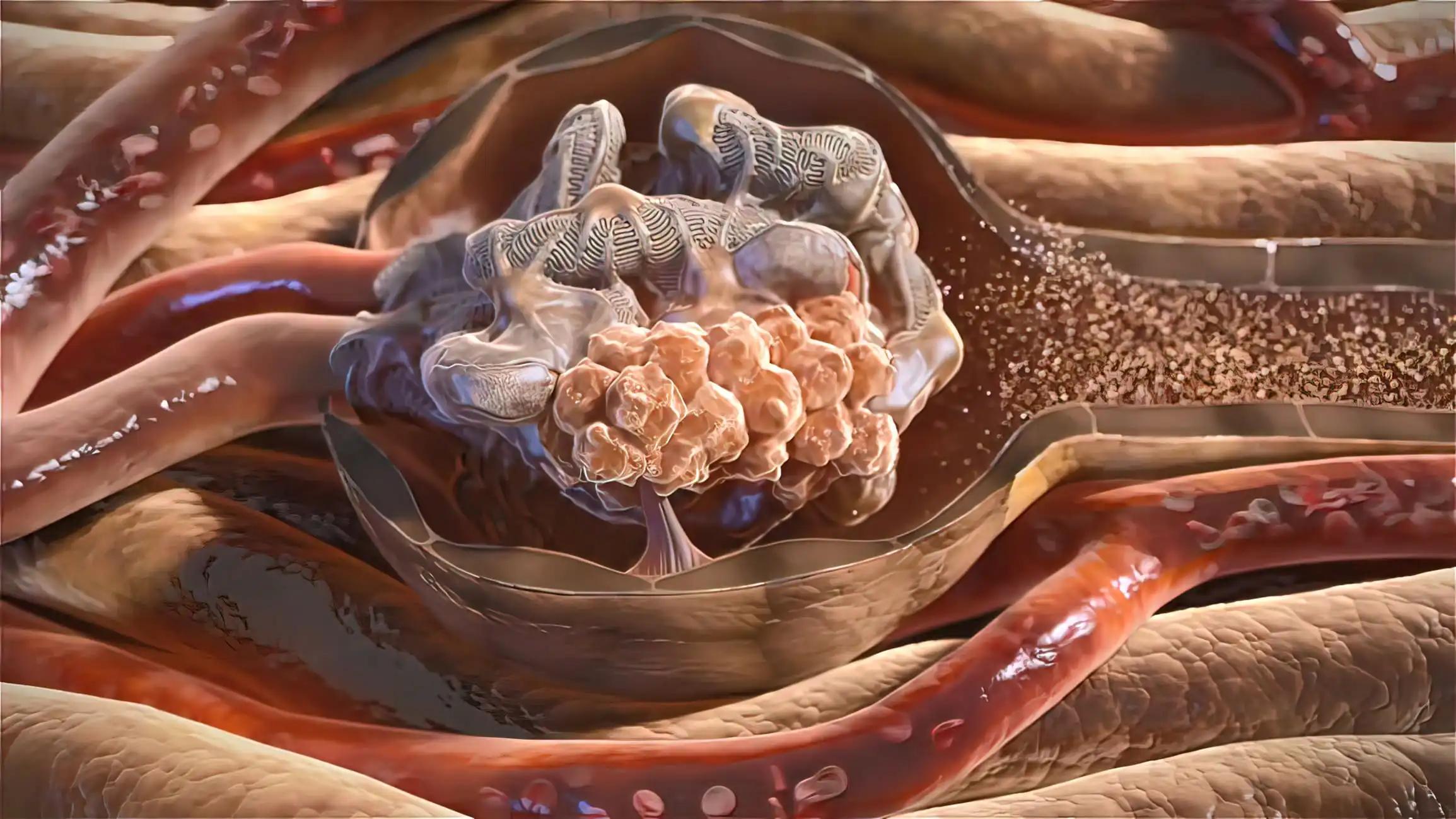KEY TAKEAWAYS
- Phase III SAMETA trial was targeted towards targetting genomic abnormalities in PRCC with savolitinib and durvalumab monotherapy and comparing the efficacy and safety with that of combination treatment.
- The study’s primary outcome measure was Progression Free Survival, with OS, DoR, DCR, and ORR being among the secondary outcome measures.
- The study will also report on the AEs and the safety of the treatment.
Phase III of SAMETA study was created to compare the efficacy and safety of savolitinib and durvalumab monotherapy versus combination treatment for PRCC, since most non-clear cell renal cell carcinomas (RCCs), or papillary renal cell carcinomas (PRCCs), makeup 10-15% of RCCs. In many cases of PRCC, the MET signaling pathway is dysregulated due to genomic abnormalities, rendering these abnormalities potential therapeutic targets.
Savolitinib is an oral, potent, and highly selective MET tyrosine-kinase inhibitor (TKI) that has shown early clinical activity in advanced solid tumors, including METdriven PRCC. Savolitinib monotherapy demonstrated encouraging efficacy when compared to the multi-targeted TKI sunitinib.
Additionally, nonclinical research points to a potential synergistic anti-tumor effect between MET-inhibitors and programmed cell death ligand (PD-L1) inhibitors like durvalumab. New data from the Phase I/II CALYPSO study examining the efficacy of savolitinib plus durvalumab in patients with MET-driven PRCC support this theory.
Adult patients with unresectable, MET-driven, locally advanced/metastatic PRCC are candidates for this study. With stratification by the International metastatic RCC database consortium risk group & PD-L1 expression tumor state, 200 patients will be randomized in a 2:1:1 ratio into three treatment arms (A-C).
Savolitinib 600 mg orally once daily plus 1500 mg of durvalumab given intravenously every four weeks make up Arm A. Sunitinib 50 mg orally once daily for four consecutive weeks. A two-week break from sunitinib occurs every six weeks and makes up Arm B. And durvalumab 1500 mg is given intravenously every four weeks and makes up Arm C.
Up until RECIST 1.1 disease progression or until another discontinuation condition is satisfied, study treatment is continued. Survival without growth is the main measurement (by Blinded Independent Central Review; Response Evaluation Criteria in Solid Tumors v1.1). Overall survival, objective reaction rate, and response duration are examples of secondary endpoints. The study will also report on safety (adverse events, vital signs, echocardiograms, hematology, and biochemistry data).
Source: https://kcrs.kidneycan.org/wp-content/uploads/2022/10/Abstracts-Book-KCRS22-website-v3.pdf
Clinical Trial:https://clinicaltrials.gov/ct2/show/NCT05043090
Choueiri, T. (2022, October 3). 45 SAMETA: A Phase III study of savolitinib + durvalumab vs sunitinib and durvalumab monotherapy in patients with MET-driven, unresectable, locally advanced/metastatic papillary renal cell carcinoma. KCRS22 Kidney Cancer Research Summit Abstracts, 3, 34–35. https://kcrs.kidneycan.org/wp-content/uploads/2022/10/Abstracts-Book-KCRS22-website-v3.pdf



